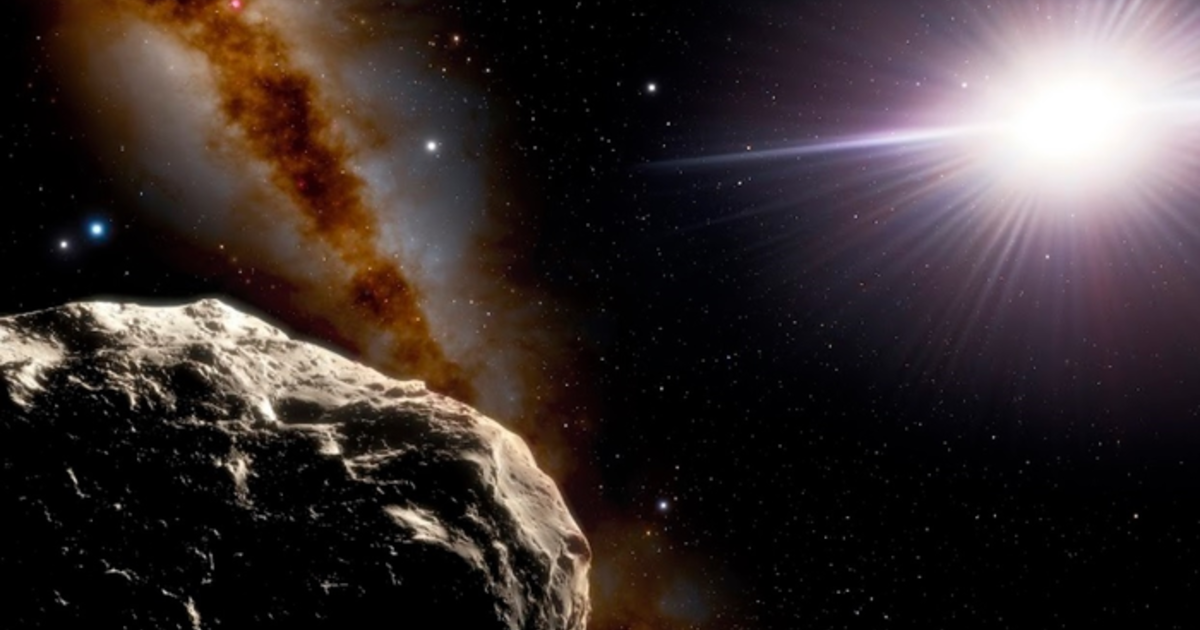
Scientists have proven the existence of an Earth Trojan asteroid — or a small rock that shares the same orbit as our planet — that will be following us for several thousand years. The study, published in Nature Communications on Tuesday, details the remarkable find.
The international team of astronomers, led by a group out of the Institute of Cosmos Sciences of the University of Barcelona, confirmed the existence of 2020 XL5, the second Earth Trojan asteroid ever confirmed, after a decade of searching for the elusive rock.
The researchers estimate that the asteroid’s size — around 0.7 miles in diameter, which is larger than the previously-discovered Earth Trojan asteroid 2010 TK7’s 0.2-mile diameter — will keep the asteroid in the sweet spot of gravitational pull, letting it orbit the sun alongside Earth for the next 4,000 years.
Scientists have known about the existence of Trojan asteroids for decades, since many other planets like Venus, Mars, Jupiter, Uranus and Neptune all have them.
“There have been many previous attempts to find Earth Trojans,” Toni Santana-Ros, author of the publication, said in a press release. “All the dedicated efforts had so far failed to discover any new member of this population.”
But why is it so difficult to spot these asteroids when they are so close to us? The problem lies in their location, which is usually close to the sun and makes the observation window very slim. This sliver of time — right around sunrise — is also when visibility conditions are at their worst due to atmospheric interference and sunlight saturating the background of photographs.
Scientists managed to solve this problem by using 13-foot telescopes in Arizona and Cerro Pachon, Chile, to take a few pictures of the elusive asteroids.
The Earth Trojan asteroids are important because they are essentially time capsules, or records of what conditions were like during the formation of our Solar System. Some astronomers are interested in potentially sending space missions to the asteroids, like NASA’s Lucy mission, which launched in October 2021 and will visit eight different Trojan asteroids in the next 12 years.
Download our Free App
For Breaking News & Analysis Download the Free CBS News app

